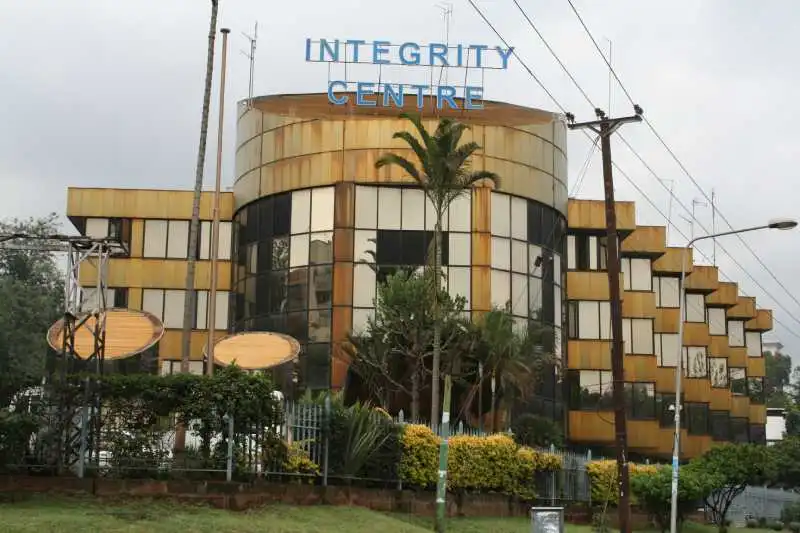The Ethics and Anti-Corruption Commission (EACC) is investigating Laikipia County Assembly Speaker Hon. Lantano Labaala over allegations of forging his Kenya Certificate of Secondary Education (KCSE) papers to secure his position.
According to the commission, preliminary findings suggest that the Speaker may have used falsified academic documents during the recruitment process, enabling him to clinch the powerful county assembly role.
On Tuesday, EACC officers, acting on court-issued warrants, conducted coordinated search operations in multiple locations linked to the Speaker. These included his residence in Nanyuki, his office at the County Assembly within Nanyuki, the County Assembly Service Board offices in Nyahururu, and the Human Resources office in Rumuruti.
The anti-graft body disclosed that the searches yielded critical evidence relevant to the ongoing probe. “The operation has yielded valuable evidentiary material that will support the ongoing investigation, which is now at the tail end,” the EACC said in a statement.
The commission is also pursuing the recovery of approximately Ksh15 million, representing salary, allowances, and benefits allegedly earned by the Speaker since his appointment in October 2022. If the allegations are proven, these earnings would be considered proceeds of unlawful conduct.
“The Ethics and Anti-Corruption Commission is conducting investigations into allegations of forgery of academic certificates (KCSE Certificate) by Hon. Lantano Labaala. It is alleged that the Speaker used the forged certificates to obtain the job of the Speaker of Laikipia County Assembly,” the statement read.
Forgery of academic credentials remains a recurring integrity challenge in Kenya’s public service, with several high-profile officials previously being implicated. Such cases raise concerns about vetting processes and the enforcement of Chapter Six of the Constitution, which demands integrity and ethical conduct from public officers.
EACC has indicated that its investigations are almost complete and that any decision on prosecution will be made in collaboration with the Office of the Director of Public Prosecutions (ODPP) once all evidence is reviewed.

